Life
Sign up for our newsletter
We summarize the week's scientific breakthroughs every Thursday.
-
 Neuroscience
NeuroscienceCocaine addicts can’t kick other habits either
Habitual users tend to get stuck in nondrug-related habits more easily, too, pointing to a potential strategy for treatment
-
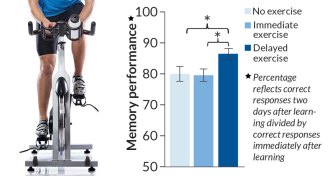
-
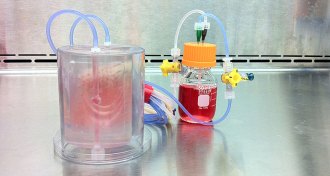 Health & Medicine
Health & MedicineStem cells from pig fat aid in growing new bone
Scientists transform fat stem cells into bone and grow new jaws for minipigs.
-
 Astronomy
AstronomyMolecular handedness found in space
Propylene oxide in an interstellar cloud sets up a testing ground for understanding why life chooses one type of mirror-image molecule over another.
-
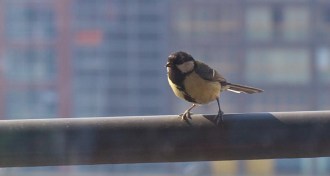 Animals
AnimalsCity living shortens great tits’ telomeres
Great tits raised in urban nests have shorter protective caps on their chromosomes than those raised in rural nests.
-
 Animals
AnimalsCity living shortens great tits’ telomeres
Great tits raised in urban nests have shorter protective caps on their chromosomes than those raised in rural nests.
-
 Life
LifeVaccines may offer defense against dengue, Zika and chikungunya
Mosquitoes carry several harmful viruses—dengue, Zika, chikungunya. Vaccines may be the best means of defense.
By Laura Beil -
 Health & Medicine
Health & MedicineWHO: Very little risk that Brazil’s Olympics will speed Zika’s spread
Olympics not likely to hasten international spread of Zika virus, according to WHO analysis that includes data from previous mass gatherings.
By Meghan Rosen -
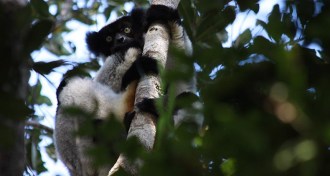 Animals
AnimalsLemurs sing in sync — until one tries to go solo
Indris, a lemur species in Madagascar, sing in synchrony and match rhythm, except for young males trying to stand out.
-
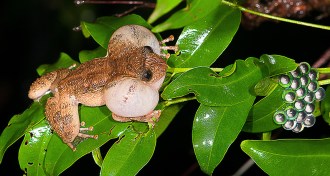 Animals
Animals‘Kermit Sutra’ gets seventh amphibian mating position
Bombay night frogs’ unusual mating protocol features indirect sperm transfer and female croaks.
By Susan Milius -
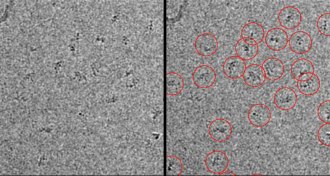 Life
LifeBiologists seek help to ‘see’ itty-bitty molecules in 3-D
A new citizen science project called Microscopy Masters aims to improve how scientists build three-dimensional models of proteins.
By Erin Wayman -
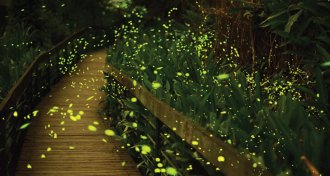 Animals
Animals‘Silent Sparks’ illuminates fascinating world of fireflies
In a new book, a firefly researcher explores why scientists and kids alike are captivated by lightning bugs.
By Sid Perkins